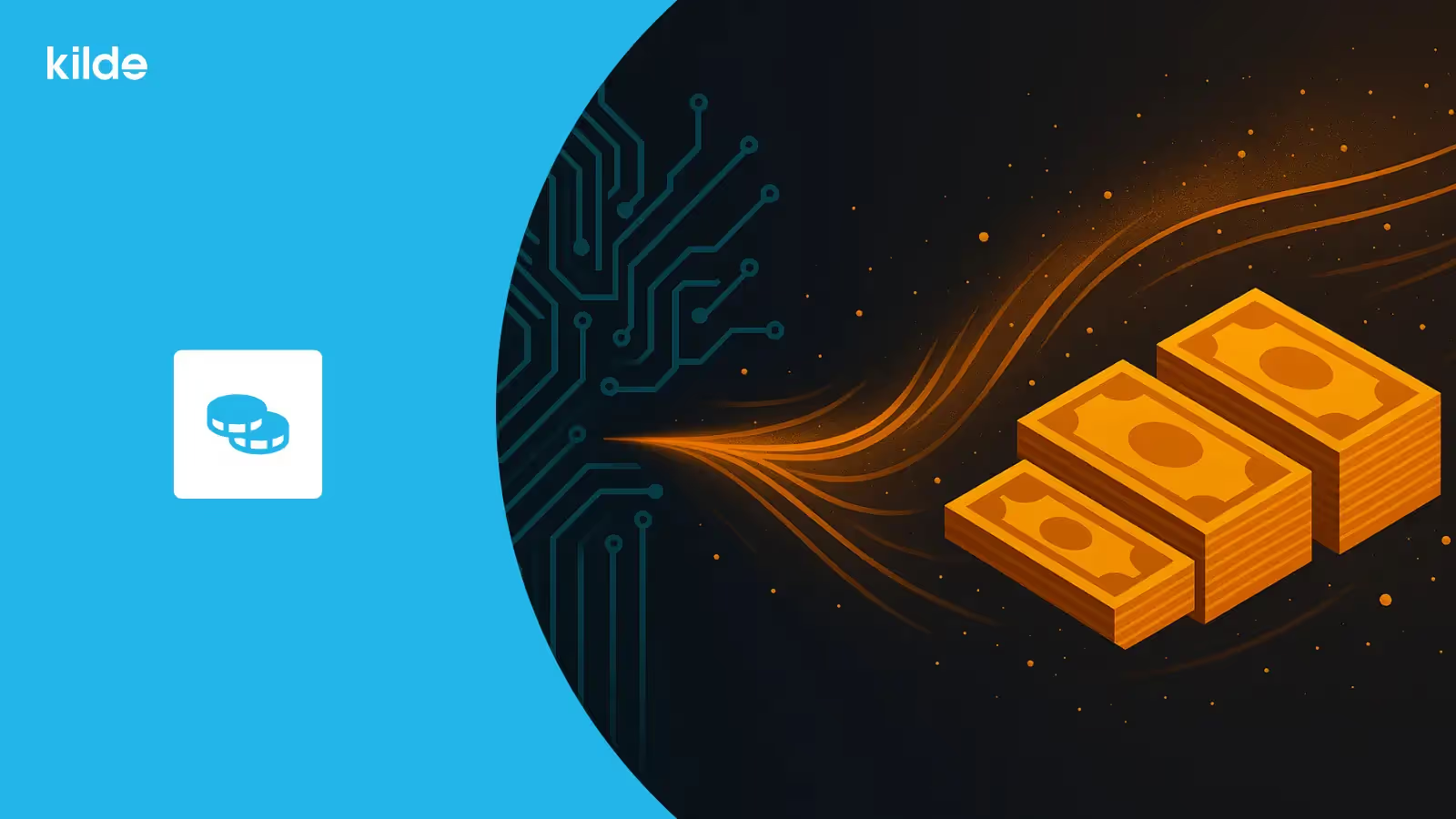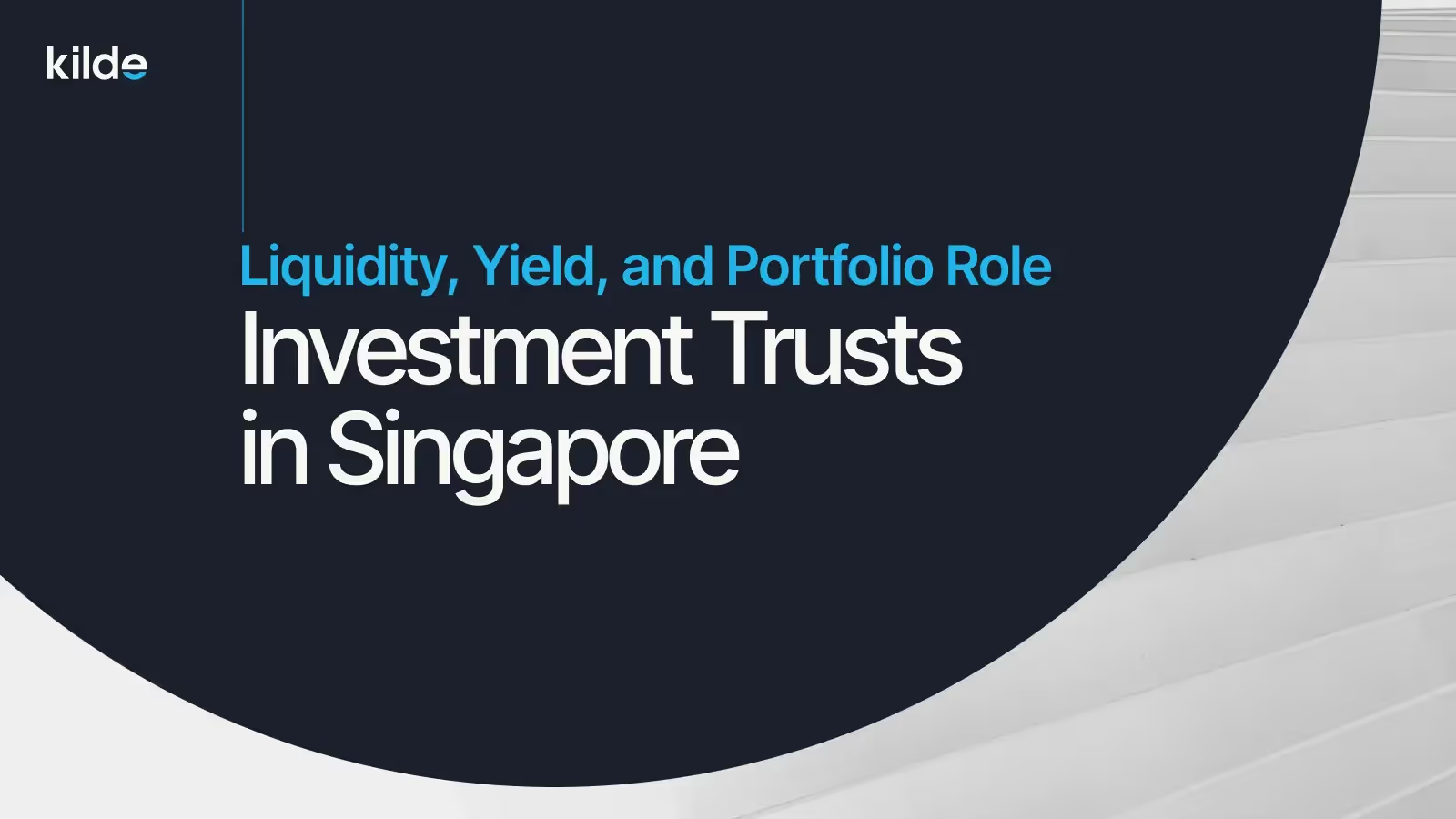29 November 2021
Returns of four assets in the turbulent year 2021
The year is almost over and we may have a bit of time to reflect, recalibrate, and adjust investment strategies. The year was full of surprises, sudden price jumps, new assets being introduced (I am talking to you NFTs) with a lingering fear of price inflation.
I have taken four assets for this exercise: Dow Jones Industrial Index (equity), PIMCO High-Yield Debt ETF (bonds), Gold (commodity), and Robocash debt note issued at Kilde’s investment platform (private bond). I have assumed that I have invested $100 to each of these on 4 Jan 2021. How much money would I make or lose looking back from today?

The chart above provides an answer. Today, I would have $117 from Dow Jones Index investment, $103.3 from PIMCO’s ETF, $94.2 from Gold, and $109 from Robocash’s note. Nevertheless, this is not the whole story. If I did not have the patience to hold (HODL if you are a crypto enthusiast) until today, I may have made less or more thanks to market volatility.
How to measure the volatility of an investment?
A good measure of volatility is the standard deviation. I have calculated it taking into account daily price movements and then annualising the resulting figure using a number of trading days.

From the table above, it becomes obvious that the Dow Jones Index provided the highest return but while doing so exposed me to high volatility of 11.4%. The worst performer was gold on which investors lost more than 5% while riding up and down with 15% volatility.
Sharpe ratio - bringing returns and volatility together
Why not combine return and volatility into a single number? This is exactly what the Sharpe ratio does for us. It is defined as “Return less risk-free rate divided by volatility”. Generally, Sharpe ratio above 1 is considered good, more than 2 is very good. Results below 1 indicate that the investment involves risk (measured by volatility) which is not sufficiently compensated by high enough returns.


Suddenly, investment into Dow Jones Index does not appear to be the most attractive option anymore as it is outperformed by both PIMCO High-Yield Debt ETF and Robocash’s debt note issued by Kilde at our private investment platform.
Why do private investments have a higher Sharpe ratio?
Why did private debt investment (Robocash debt note) beat all exchange-traded investments? Private investments are not exposed to volatility caused by fluctuating supply and demand at exchanges. Therefore returns of private debt investments (also referred to as yield) remain constant during the holding period. At the same time, the investor can still “sell” their private investment in scheduled redemption windows at face value (initial investment value). Therefore, with private products, investors de facto sacrifice immediate liquidity for less volatility.
Kilde is a regulated investment platform for alternatives. We operate as a two-sided platform connecting institutions / HNWI with securitised private investments. Our main alternative asset classes are private debt, venture debt, and recurring revenue financing. Kilde has partnered with leading non-banking consumer & SME lending firms to give investors safe and controlled access to consumer lending assets. Our unfair advantage is vast accumulated data on consumer & SME assets performance as well as scalable investment and securitisation tech platform. Thanks to Kilde’s license for dealing in securities, we securitize alternative investments into digital securities.








.avif)





